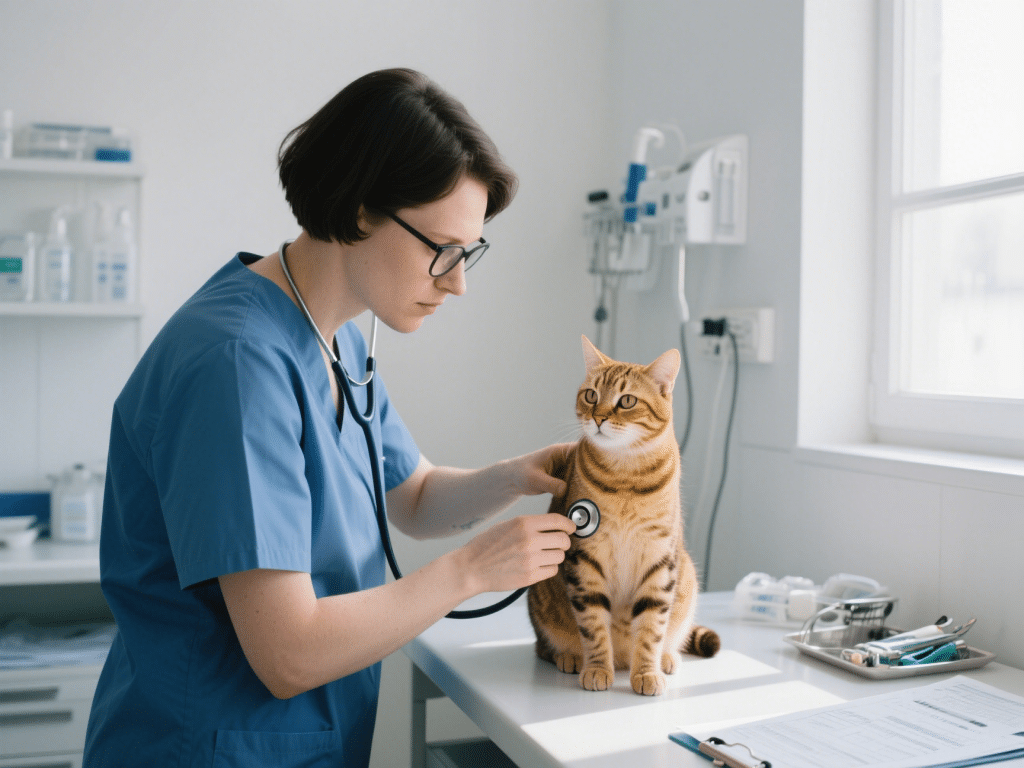When to Spay or Neuter Your Cat: Health Benefits Explained
When to Spay or Neuter Your Cat: Health Benefits Explained
The Optimal Timing for Cat Sterilization
Veterinary consensus recommends spaying/neutering cats at 4-6 months before sexual maturity. Early-age sterilization (8-12 weeks) is increasingly supported by organizations like the American Veterinary Medical Association for shelter populations. Outdoor cats should undergo the procedure by 5 months to prevent unwanted litters. Delaying beyond 6 months significantly increases reproductive health risks.
Proven Health Benefits
For Female Cats:
Mammary Cancer Prevention: Spaying before first heat reduces cancer risk by 91% (Journal of Feline Medicine, 2020)
Eliminated Pyometra Risk: Life-threatening uterine infections affect 23% of unspayed cats by age 10
Ovarian Cancer Prevention: Complete removal of reproductive organs eradicates risk
For Male Cats:
Testicular Cancer Elimination: Neutering removes primary cancer sites
Reduced Prostate Issues: 89% lower prostatitis incidence in neutered males (International Journal of Applied Research)
Decreased Roaming Injuries: Neutered cats have 62% fewer traffic accidents and bite wounds
Behavioral Advantages
Sterilized cats exhibit:
74% reduction in urine spraying/marking
Diminished aggression toward other cats
Lowered desire to roam (indoor cats live 3× longer)
Reduced stress-related behaviors during mating seasons
Addressing Common Concerns
Myth: “Sterilization causes obesity”
Fact: Weight gain stems from calorie excess, not hormones. Adjust feeding post-surgery.
Myth: “Cats need one litter first”
Fact: No medical basis; early spaying maximizes health benefits.
Recovery Insight: Most cats resume normal activity within 48 hours with proper pain management. E-collars prevent wound interference.
Long-Term Impact
Sterilized cats live 62% longer on average according to Banfield Pet Hospital data. Communities with high sterilization rates report 75% fewer euthanasias in shelters. Combined with vaccination, this procedure represents the most impactful health decision for feline well-being.
Consult your veterinarian to schedule pre-surgical bloodwork and discuss personalized timing based on your cat’s breed, health status, and lifestyle.
RECOMMENDED NEWS

Creating a Pet Emergency Kit: What You Should Include
2026-02-26

Budget-Friendly Grooming Tips for Cats and Dogs at Home
2026-02-28

Creating a Balanced Raw Diet for Your Dog: A Starter Guide
2026-02-28

Preventing Dog Obesity: Nutrition and Exercise Strategies
2026-02-28

When to Spay or Neuter Your Cat: Health Benefits Explained
2026-03-02

The Best Supplements for Your Pet’s Health: What You Need to Know
2026-02-26
Comments on "When to Spay or Neuter Your Cat: Health Benefits Explained" :